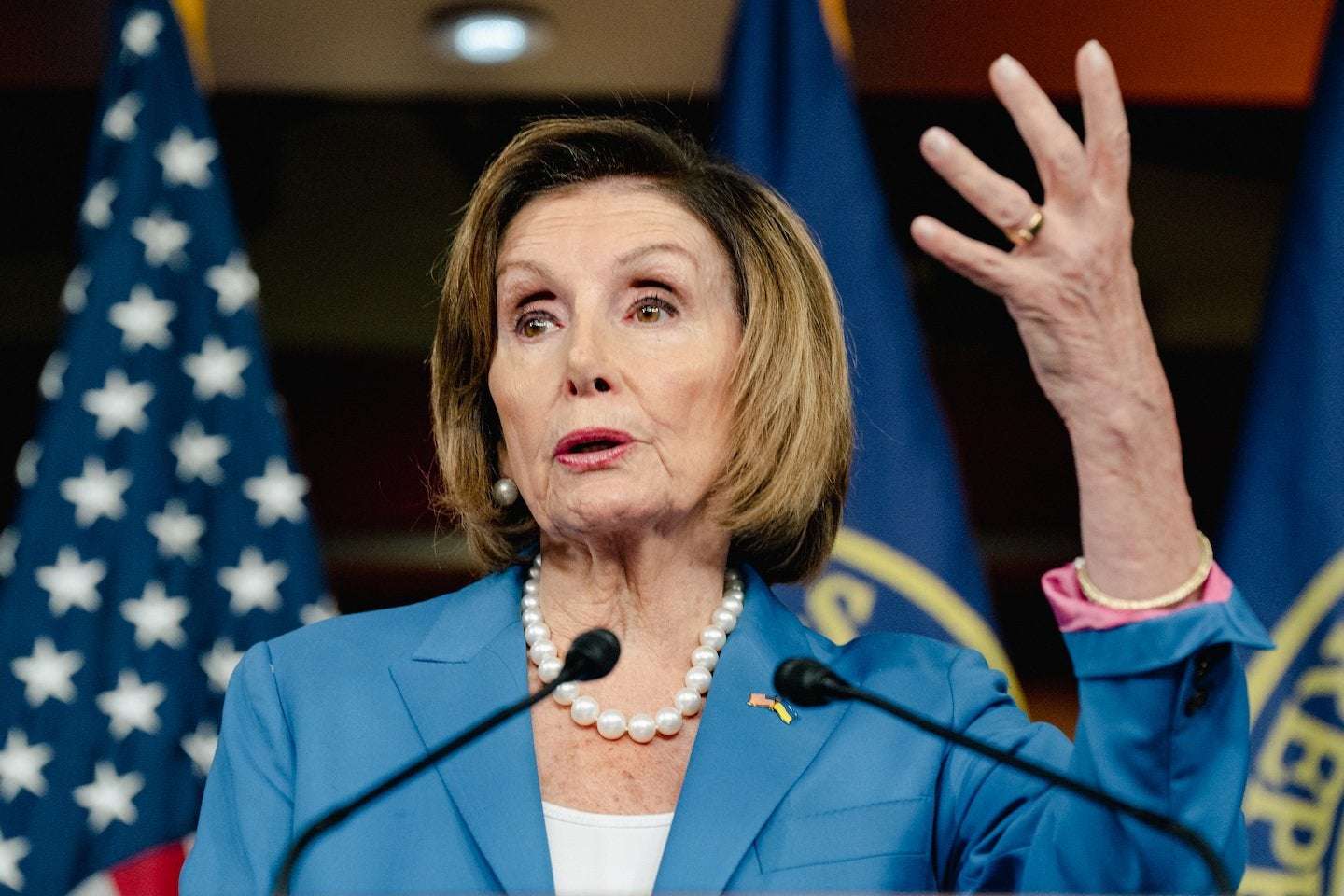Listen 3 min Comment on this story Comment Gift Article Share
House Speaker Nancy Pelosi (D-Calif.) has been signaling all month that her chamber will pass a bill banning lawmakers from trading individual assets such as stocks. Yet by the time the text finally arrived this week, the prospect of success looked dim. That invites the question: How much does leadership care about getting this done?
There’s plenty that makes it unseemly at best and insidious at worst for Congress to deal in undiversified investments. Lawmakers’ access to privileged information and their ability to pass policies that can affect both individual companies and entire industries are a recipe for corruption — real or perceived. This reality is what made Ms. Pelosi’s reversal last winter on supporting restrictions so welcome and what makes the delays and difficulties in bringing a viable proposal to the floor today so discouraging. Multiple bipartisan proposals went nowhere; a drafting process led by Rep. Zoe Lofgren (D-Calif.) took place largely behind closed doors without any GOP involvement; the legislation that finally emerged did so close enough to the legislature’s fall break that skeptical lawmakers could use its lateness as an excuse not to vote yes on a bill they haven’t had the time to understand.
And a bigger obstacle stands in the way. This one was anticipated: The decision to include Supreme Court justices in the restrictions is a move anathema to many Republicans on whom success in the Senate depends.
To add another complication, House Majority Leader Steny H. Hoyer (D-Md.) has indicated he might not support the effort at all — reportedly having stated in private meetings that he won’t back the bill, though a spokesperson has said he will reserve his official decision until he sees final legislation.
The bill has much to recommend it; stopping lawmakers, their spouses, their dependent children and their senior staff from buying and selling individual stocks while the lawmakers are in office is itself a momentous change. Requiring them to divest of those stocks or place them in a qualified blind trust whose manager would then also have to dispose of them over time is better still. But critics have a host of concerns. Foremost, they worry that a provision allowing the government’s various ethics offices to approve alternate arrangements could let officials set up what amount to “fake blind trusts” permitting them to have improper visibility into and control over their assets. These arrangements, critics say, would not necessarily be subject to disclosure or divestment requirements, either. The legislation’s drafters counter that this is neither the bill’s intention nor its effect, and that they’re just trying to futureproof the proposal by leaving room for evolution in the financial system.
The dispute and others could be worked out and the legislation saved — but that will prove difficult with the clock ticking toward a weeks-long recess. Congress still has a chance to make this critical reform if it moves quickly — and carefully. But Democrats, while they still command a majority in the House, must show they are serious about getting it done.

tacs97 on October 2nd, 2022 at 20:17 UTC »
Only the government is allowed to benefit from insider trading. Anyone else is competition.
Eric_in_America on October 2nd, 2022 at 18:32 UTC »
If were having this much trouble passing legislation that prevents our representatives from using privileged knowledge to make themselves richer on top of their already sizable salaries, then how are we going to address further conflicts of interests? Lobbyism, campaign finance, special interests, dark money, hands in pockets among hands in pockets, self serving agendas, day to day "corruption", among other things of course.
Hell, it doesn't even have to be an out and out "ban", investments could be limited to broad market index funds, perhaps even some ETFs (although this might be pushing it) in order to put these representatives on a sort of level playing field with most investors, and while making it mandatory to disclose all trades promptly so that theyll have a harder time exploiting their positions.
In my mind, this should be a part of an effort to establish reforms for Congress itself, where were actively discouraging a particular breed of candidate from running for office in the first place.
If someone's more interested in enriching themselves, in obtaining power and/or influence, in buying favor, establishing powerful connections, in benefiting themselves, those closest to them, special interest groups or donors, if they're more interested in serving themselves than the American people, then they should be dissuaded from running for a position that represents those Americans.
The problem is, it's precisely these types of representatives that get to ultimately decide the fate of these reforms.
Boinkology on October 2nd, 2022 at 18:13 UTC »
Index funds only. Easy, not overly punitive, but completely guts insider trading.